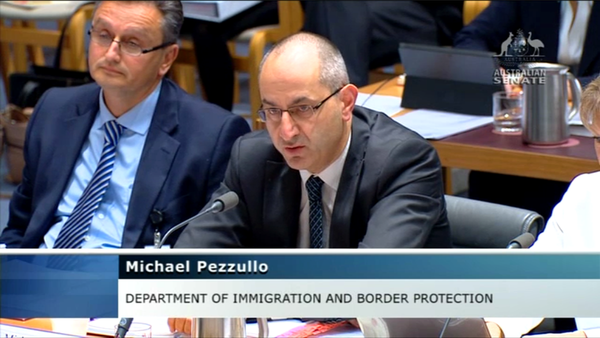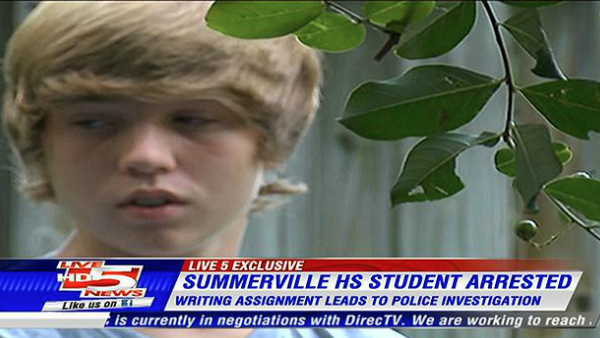The cat vomited this morning. Again. Artemis has this habit of gorging her food and then, five minutes later, throwing up wherever she’s standing.
Today it was a projectile effort from the heights of the TV stand, a reddish-brown spatter right across the living room floor.
Remember that last time you threw up? How the acrid stomach acids burnt your throat and mouth? How it felt like it was surging up into the back of your nose? It’s just like that. Freshly warm and mixed with the reek of cheap fish.
You can’t help but get it on your hands as you wipe it up.
I’ll bet just the thought of that smell is causing tightness in your sinuses, clenching in your throat.
Wiping up cat vomit first thing in the morning is rather unpleasant, no?
If wiping up cat vomit is the worst you have to think about today, then you’re one of the luckiest bastards on this planet. It’s not a particularly demanding sacrifice to make in return for some furry companionship.
Today is, of course, Anzac Day, our national memorial for those who’ve made the ultimate sacrifice for our country, and that other country.
Continue reading “Anzac Day 2009: Sacrifice”




